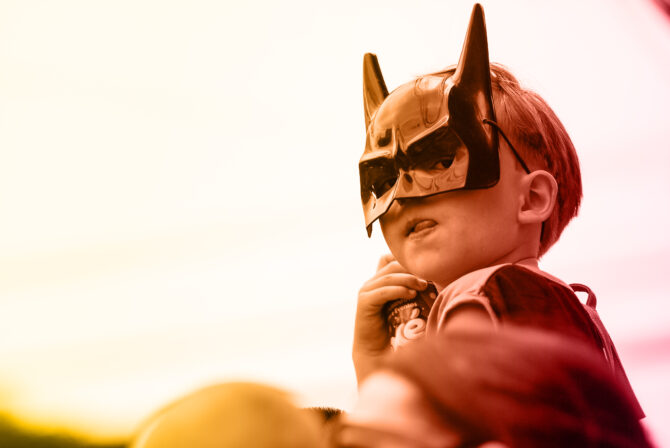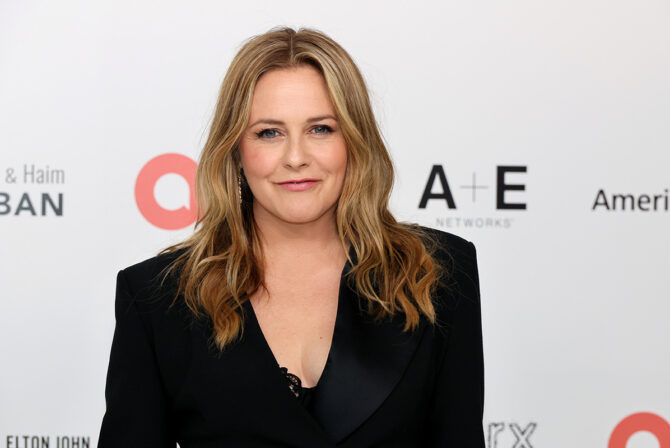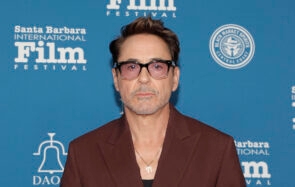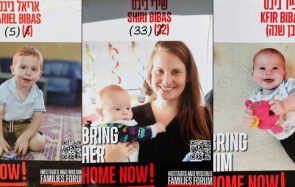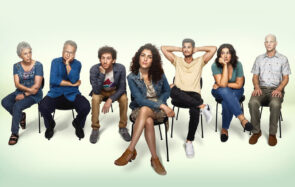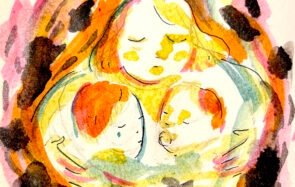At dinner recently, our 9-year-old son whom we lovingly call “Rabbi Sam” raised his hand as if taking an oath, yet with a non-verbal flourish of please-take-no-offense, and directed a full frontal interrogation at my husband and me, long-time Baltimore federal criminal defense attorneys. “I don’t want to tell you what to do with your lives (dramatic pause and deep breath), but I don’t understand how you represent people who hurt people.”
Fair enough: Derech Eretz—behaving respectfully and decently—has beautifully colored his education at Baltimore’s Krieger Schechter Day School. Posters bursting with these values grace the school’s elegantly painted and tiled hallways, its concepts embedded in Sam’s writing and art.
We live a mile from where Freddy Gray died last year in police custody. Since then, the understandable pent-up fury of people who live in Baltimore’s poverty—to be clear: my neighbors just two blocks west whom I do not know—has eked out of the invisible barriers into our enclave. Our neighborhood has experienced an intense spike in crime. Violent crime: carjacking last week, a home invasion just this morning, armed robberies regularly.
So it shouldn’t be a surprise when Sam asks why we devote long hours to represent the very people whose conduct is devoid of derech eretz.
We live in Bolton Hill, a historic district with cavernous homes, tree-lined streets, bustling in the summertime with families happily scurrying to and from our swim and tennis club—our exclusive, members-only club. The hub of our four children’s glorious Baltimore summers, where they grew as good people and competitive swimmers. A club whose members are decent, hard-working, and very high tax paying people devoted to staying in the city despite abundant options to leave. Yet this is the same club which often feels akin to Twentieth Century Johannesburg, not engineered as such but inarguably so de facto. Baltimore’s shining success adjacent to abject poverty.
Just yesterday, while my neighbor Kristen had my son and a total of three families’ children for the day while the rest of us worked (our summer tradition of rotating houses and childcare responsibilities), the kids enjoyed swim team practice, completed math and reading (for Sam, English and Hebrew), played games, ate salmon, rice, and peas for lunch, before heading to art camp at Maryland Institute College of Art, two blocks from home. Midday, post-court and pre-jail visit, I dashed home to grab the car and offered to transport the kids to MICA. The kids ran into my car and peppered me with questions about whether I had to take every case that I was assigned, and whether I ever refused to represent someone. My Socratic—and Jewish—response was a question: Why might I not want to represent a particular person? Clearly exasperated, they said because the person hurt someone. It seemed Rabbi Sam had been sermonizing.
How to reconcile the two Baltimores and answer the kids’ very fair questions?
I had them review the events of their day: loving supervision, coached swim practice, rich art classes, not to mention healthy lunches and air conditioning (I left out the gluten-free ice cream cone). I then explained a morning in the life of a fictional client who yes, may have hurt someone. I dropped them at art camp with those contrasting images, but without my answer, and drove to the jail.
I didn’t proselytize (not that I am above it). Rather, I wanted to leave them hanging, to require them to keep thinking for themselves. I want them to answer their questions, at their own pace.
While derech eretz is simplified for kids as behavior that is decent, polite, respectful, and thoughtful—conduct that binds us together as people—it is a concept with limitless manifestations. And so, indeed, derech eretz encompasses championing people who hurt people, perhaps because those people have been hurt themselves. It doesn’t mean that the bad conduct goes unpunished, condoned, or justified. It means that there is dignity in a community that appreciates why people walk the wrong path and stands by them at the worst of times.
That my son should not so quickly judge others, that he may show respect both by acting in a kind and dignified manner and appreciating why others may not, is the legacy we hope to pass on through our work.
Sam, we hope you come to understand the value of our work—“representing people who hurt people.” Baltimore needs kids like you to walk the right path and use their good fortunes so that others may too.
Read More:
What to Tell Your Kids About The Baltimore Freddie Gray Riots
7 Fun Things to Do with Kids in Baltimore This Summer
Jewish Summer Camps in Baltimore

